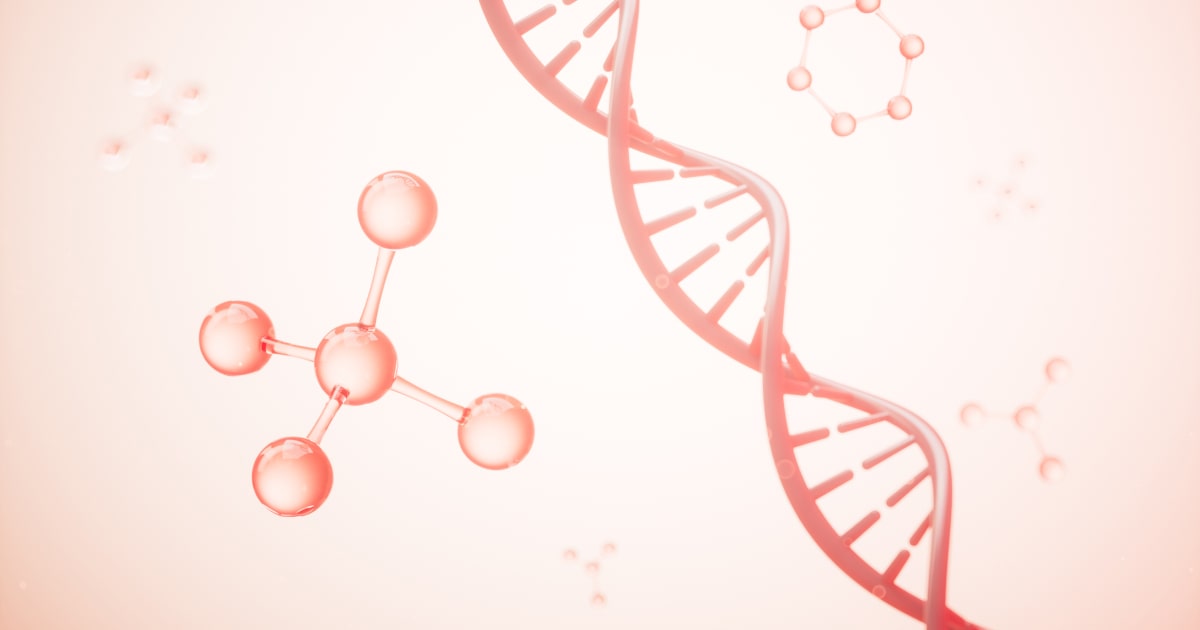
Expert Reviewed By: Dr. Brandon Colby MD
In the intricate world of human genetics, certain conditions remain elusive, hiding behind complex genetic codes. One such enigma is Combined Immunodeficiency due to CD3gamma Deficiency. This rare genetic disorder has profound implications for the immune system, leading to a spectrum of clinical symptoms ranging from mild to severe infections. With advancements in genetic testing, however, there is hope for a clearer understanding and better management of this condition.
Understanding Combined Immunodeficiency due to CD3gamma Deficiency
Combined Immunodeficiency due to CD3gamma Deficiency is a rare genetic immunodeficiency disorder characterized by partial lymphopenia and a decreased CD3 complex. This deficiency impairs the immune system's ability to function properly, making individuals more susceptible to infections. The CD3gamma protein is a critical component of the CD3 complex, which plays a vital role in T-cell receptor signaling. Without proper signaling, the immune response is compromised, leading to the varied clinical symptoms observed in affected individuals.
The Role of Genetic Testing in Diagnosis
Diagnosing Combined Immunodeficiency due to CD3gamma Deficiency can be challenging due to its rarity and the variability of symptoms. However, genetic testing has emerged as a powerful tool in identifying this condition. By analyzing a patient's DNA, genetic testing can pinpoint mutations in the CD3G gene, the gene responsible for coding the CD3gamma protein. This precise identification is crucial for confirming a diagnosis and differentiating it from other immunodeficiency disorders.
Early Detection and Intervention
One of the primary benefits of genetic testing is the ability to detect CD3gamma deficiency early, even before symptoms manifest. Early diagnosis allows for timely intervention, which can significantly improve patient outcomes. For instance, individuals diagnosed early can receive appropriate medical care, including immunoglobulin replacement therapy and prophylactic antibiotics, to prevent severe infections. Early intervention can also guide decisions regarding bone marrow transplantation, a potential treatment option for severe cases.
Family Planning and Genetic Counseling
Genetic testing is not only valuable for affected individuals but also for their families. Understanding the genetic basis of CD3gamma deficiency enables family members to make informed decisions about family planning. Genetic counseling can provide insights into the inheritance pattern of the disorder, helping families assess the risk of passing the condition to future generations. For prospective parents, genetic testing can offer peace of mind by identifying carriers of the CD3G gene mutation and discussing reproductive options, such as preimplantation genetic diagnosis.
Guiding Research and Treatment Development
The insights gained from genetic testing extend beyond individual diagnosis and family planning. Genetic data contribute to a broader understanding of CD3gamma deficiency, guiding research efforts aimed at developing targeted treatments. By identifying specific mutations and their effects on the immune system, researchers can explore potential therapeutic strategies to restore immune function. This knowledge paves the way for personalized medicine approaches, tailoring treatments to the unique genetic profile of each patient.
Challenges and Future Directions
Despite the promise of genetic testing, challenges remain in the diagnosis and management of Combined Immunodeficiency due to CD3gamma Deficiency. The rarity of the condition means that many healthcare providers may not be familiar with it, potentially leading to misdiagnosis or delayed diagnosis. Additionally, the cost and accessibility of genetic testing can be barriers for some patients.
Looking ahead, continued research and collaboration among scientists, clinicians, and geneticists are essential to unravel the complexities of CD3gamma deficiency. Advances in genetic testing technologies, such as whole-exome sequencing, hold the potential to enhance diagnostic accuracy and uncover new therapeutic targets. As our understanding of this rare disorder deepens, so too does the hope for improved outcomes and quality of life for those affected.
In conclusion, genetic testing serves as a beacon of hope for individuals with Combined Immunodeficiency due to CD3gamma Deficiency. By unlocking the genetic mysteries of this condition, we can pave the way for earlier diagnosis, informed family planning, and the development of targeted treatments. As we continue to crack the code of CD3gamma deficiency, we move closer to a future where this rare disorder is better understood and managed.
For further reading, please refer to the following source: https://doi.org/10.32388/5fur7s
About The Expert Reviewer
Dr. Brandon Colby MD is a US physician specializing in the personalized prevention of disease through the use of genomic technologies. He’s an expert in genetic testing, genetic analysis, and precision medicine. Dr. Colby is also the Founder of and the author of Outsmart Your Genes.
Dr. Colby holds an MD from the Mount Sinai School of Medicine, an MBA from Stanford University’s Graduate School of Business, and a degree in Genetics with Honors from the University of Michigan. He is an Affiliate Specialist of the American College of Medical Genetics and Genomics (ACMG), an Associate of the American College of Preventive Medicine (ACPM), and a member of the National Society of Genetic Counselors (NSGC)